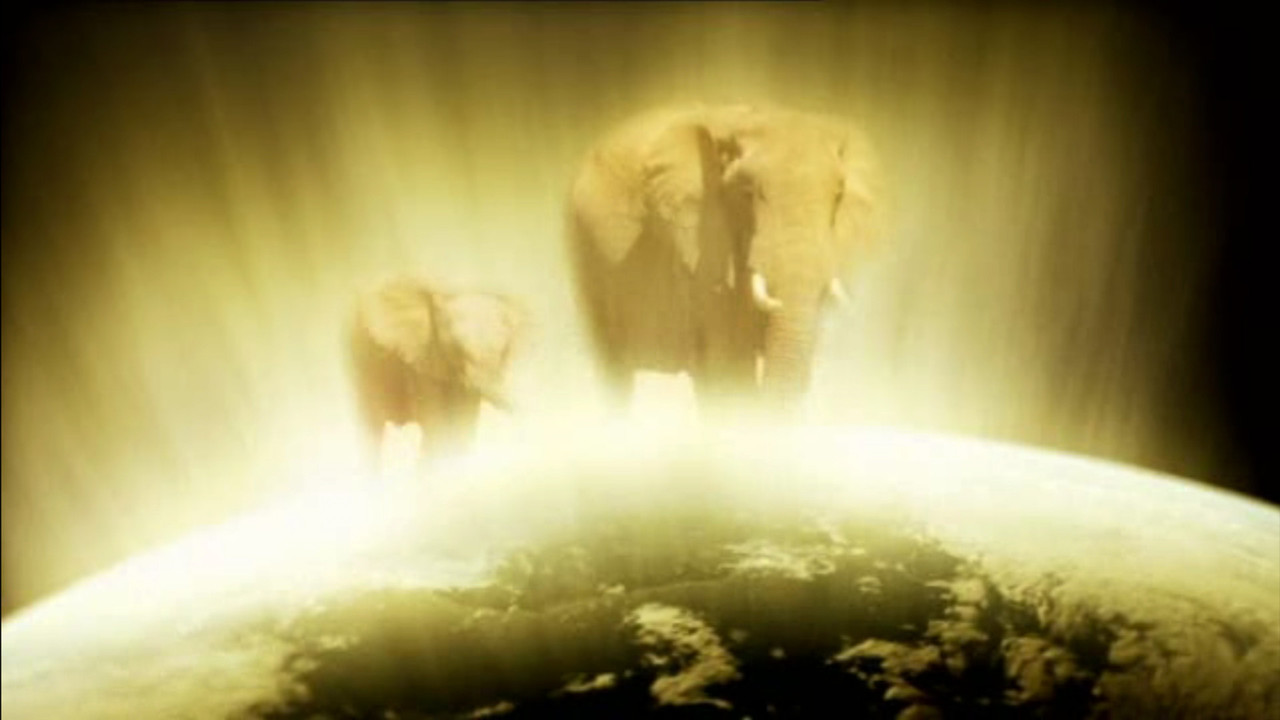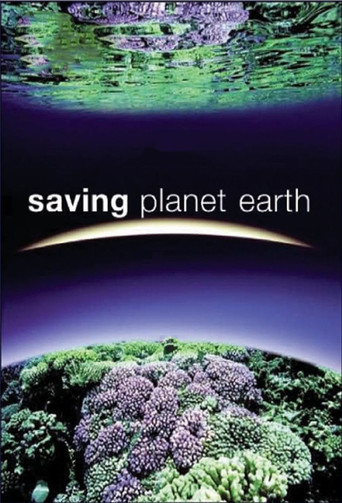Saving Planet Earth (2007)
Saving Planet Earth
2007
Saving Planet Earth is a season of nature documentaries with a conservation theme, screened on BBC Television in 2007 to mark the 50th anniversary of its specialist factual department, the BBC Natural History Unit. The series featured films contributed by a number of celebrities on the plight of various endangered species, and coincided with the launch of the BBC Wildlife Fund, a charitable organisation which distributes money to conservation projects around the world. The television series culminated in a live fundraising telethon on BBC Two, hosted by Alan Titchmarsh, which raised over £1 million for the charity. The BBC broadcast a second live telethon in 2010. Wild Night In was presented by Kate Humble, Chris Packham and Martin Hughes-Games and featured conservation projects which had benefited from the support of the BBC Wildlife Fund. This helped to raise a further £1 million.
Seasons & Episode

David Attenborough asks: 'What does our over-consumption mean for the rest of life that shares Planet Earth? Can a growing human population still leave space for wildlife?'

Will Young makes an emotional journey into the heart of Africa, where he sees two very different sides of gorilla conservation.

Tiger populations are collapsing. Fiona discovers that it's time for a new idea that can secure tiger populations in India forever.

Hunted for its skin, a rare Siamese crocodile thought to have been extinct has been discovered living in Cambodia. Edith Bowman travels there to see if this majestic animal can be saved.

On the Falkland Islands, over 100,0000 black-browed albatross' are caught and drown on fish hooks every year. Carol Thatcher travels there to see whether this animal can be saved from extinction.

Phil Tufnell travels to the Indian province of Assam, home to 75% of the world's Indian rhinoceros population.

Graham Norton travles to Ethiopia to look for the endangered Ethiopian Wolf, at risk for extinction due to canine diseases.

As the population of Africa rises, competition and tension between the wildlife and humans increases. Jack Osbourne goes to the African nation of Namibia in search of the elephant, brought back from extinction only to be threatened once again.

The turtle population of the world is declining by 150,000 every year due to egg poaching and fishing. Saira Khan goes to Sri Lanka to see what if anything can be done to solve this problem.

As the rainforests of Borneo are being cut down to make room for palm oil plantations, the orangutans that call this place home are threatened. Nick Knowles goes to the Borneo Orangutan Survival Foundation to see how homeless and orphaned orangutans are being taken care of and learns what can be done to save this animal.
Saving Planet Earth is a season of nature documentaries with a conservation theme, screened on BBC Television in 2007 to mark the 50th anniversary of its specialist factual department, the BBC Natural History Unit. The series featured films contributed by a number of celebrities on the plight of various endangered species, and coincided with the launch of the BBC Wildlife Fund, a charitable organisation which distributes money to conservation projects around the world. The television series culminated in a live fundraising telethon on BBC Two, hosted by Alan Titchmarsh, which raised over £1 million for the charity. The BBC broadcast a second live telethon in 2010. Wild Night In was presented by Kate Humble, Chris Packham and Martin Hughes-Games and featured conservation projects which had benefited from the support of the BBC Wildlife Fund. This helped to raise a further £1 million.
Watch Trailer
Free Trial Channels























